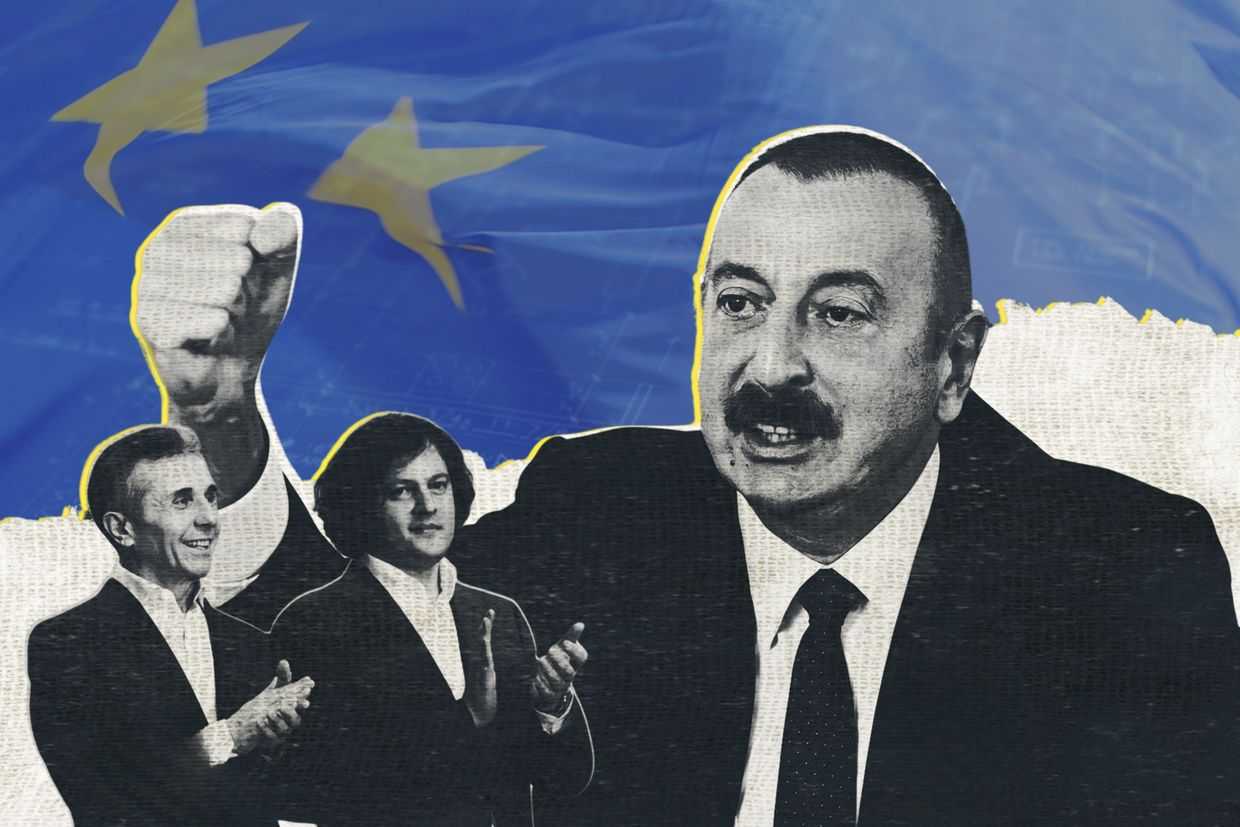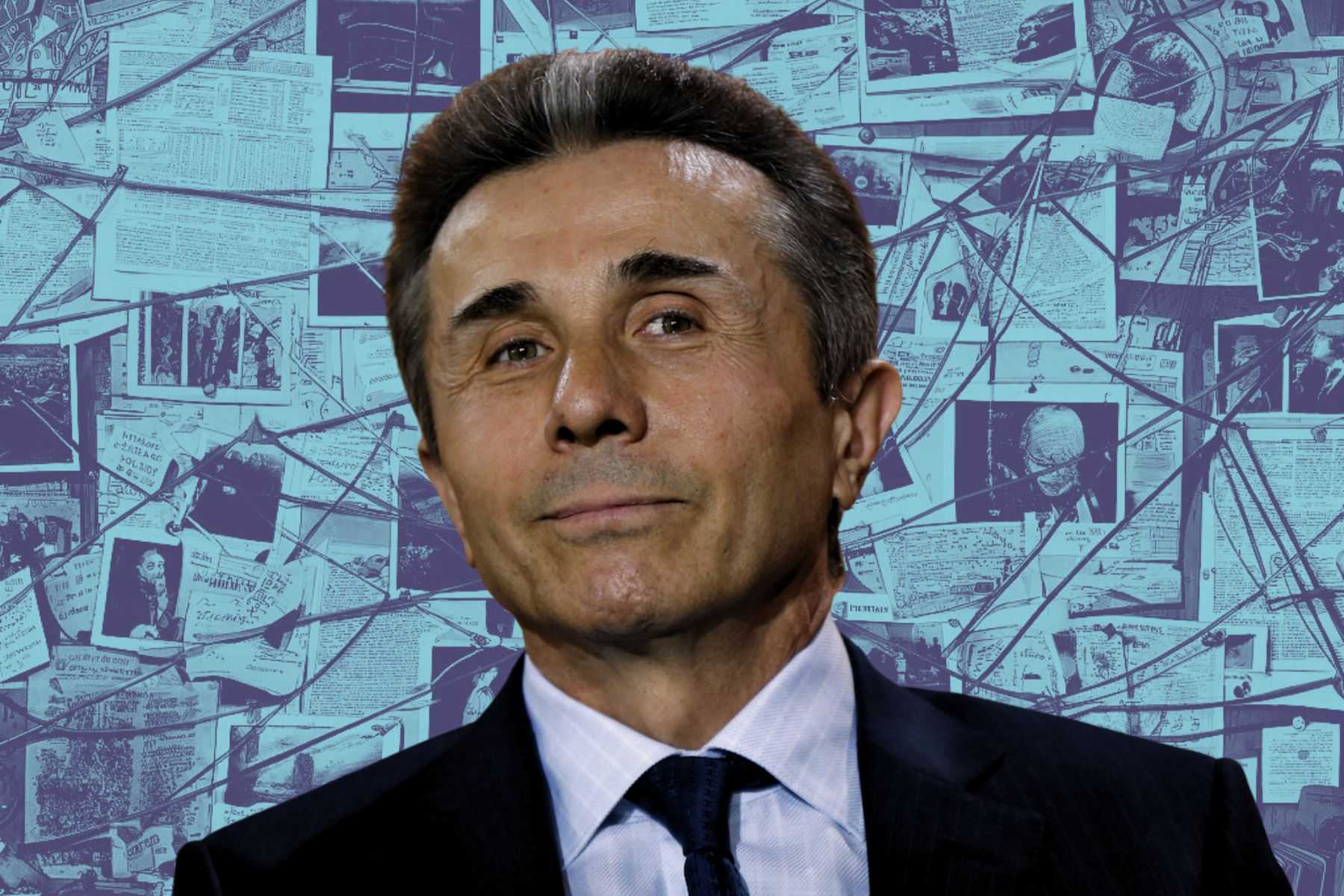
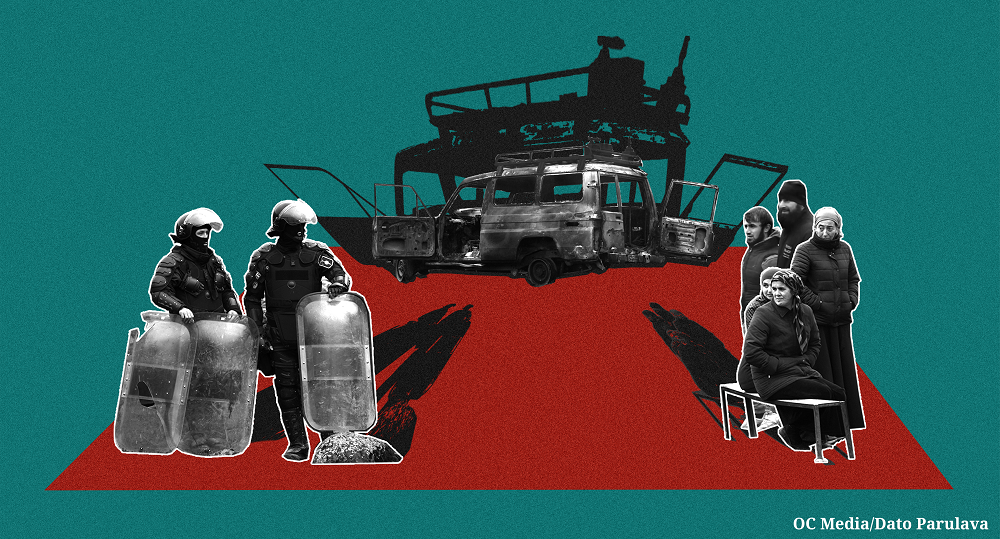
A pitched battle between protesters and riot police in Georgia’s Pankisi Valley has undone years of work to build trust with a community that has been historically marginalised. The government needs to prioritise a more participatory approach to regional development over business interests.
On Sunday, environmental protesters in northeast Georgia’s Pankisi Valley clashed with riot police over the resumption of construction work on a hydropower plant (HPP) — the third in the valley.
Protesters threw stones and sticks at police who had been sent to escort construction workers, after which riot police were deployed. In the escalation that followed, riot police used rubber bullets and tear gas against protesters; 17 civilians and 38 police officers suffered injuries and several police cars were burnt.
[Read the full story: Georgian riot police deploy rubber bullets and tear gas in Pankisi hydropower protest]
The clash was triggered by the heavy police buildup, uncommon for this sort of protest, combined with the local community’s past grievances with the authorities. These include alleged pressure on local activists to halt their protests and a perceived lack of justice for the family of 19-year-old Temirlan Machalikashvili, who was fatally shot in late 2017 during a counterterror sweep in the valley.
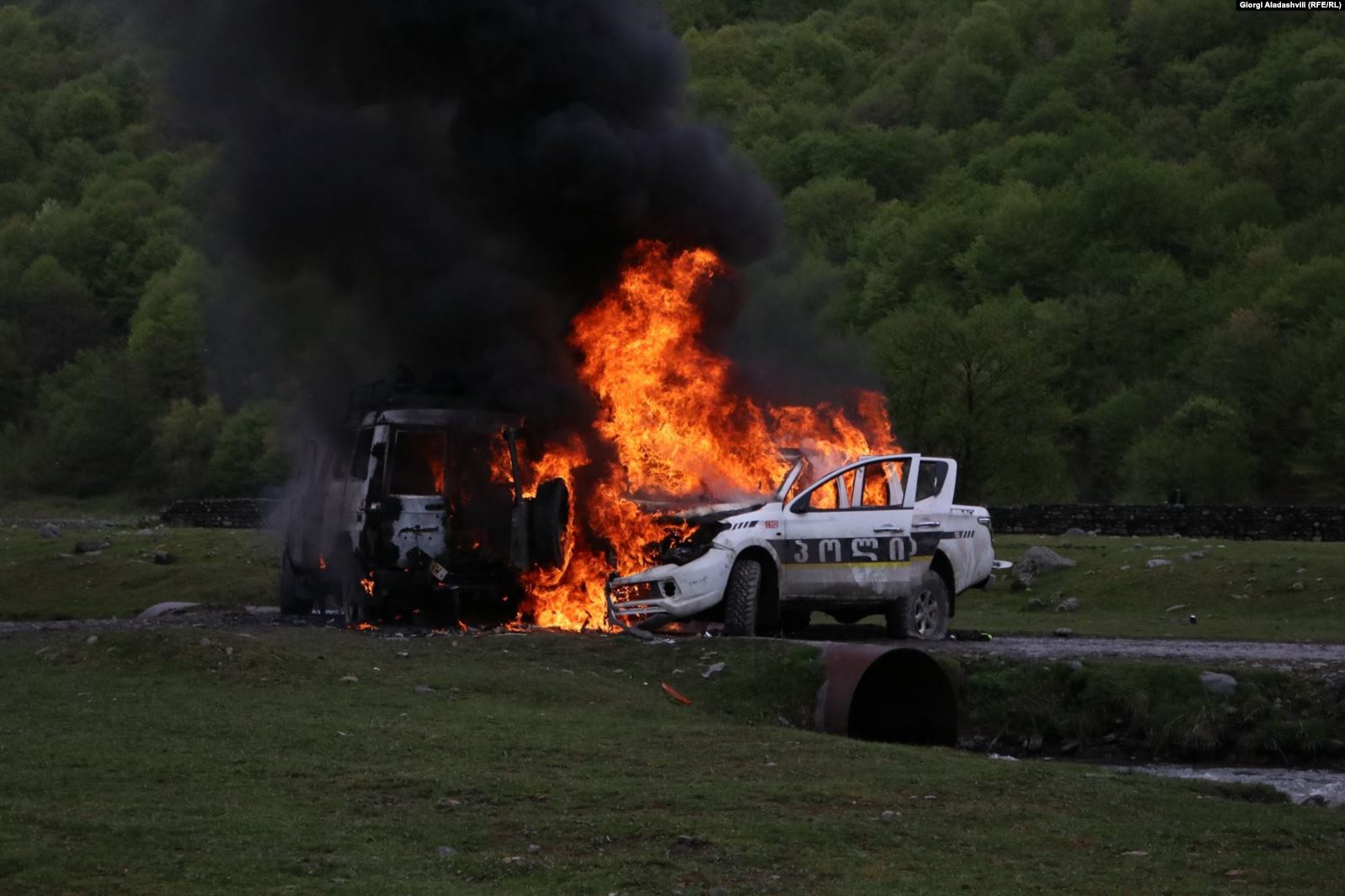
The incident is a PR disaster for all sides of the conflict. The Interior Ministry once again showed its violent side, while pro-government media has already spun the story around a stereotype of hotheaded Chechens — a low-hanging fruit given the widespread Islamophobia and the past participation of many Kists in the Syrian Civil War.
The chair of Parliament’s Human Rights Committee, Sopo Kiladze — notorious for not speaking up for human rights — has already accused unspecified ‘enemy forces’ of manipulating the local population, sowing confusion and division.
The government has said that the HPP project has now been put on hold, which is the opposite of what they intended.
Following talks with protesters, Interior Minister Giorgi Gakharia said that the HPPs would not be built unless 90% of the local population agrees. While welcome, it is troubling that the Interior Ministry has the power to make such decisions.
It is equally troubling that no one in the government seemed to know that Pankisi Valley, an ethnic and religious minority region, needed to be treated with the utmost sensitivity.
The protesters acted in defence of their local environment and had substantive arguments on their side: the previous dam has reduced the River Alazani to a stream, and the new project has raised fears that the valley’s tourism potential could be further jeopardised, a potential many in the community see as their only chance for vitalising the stagnated local economy.
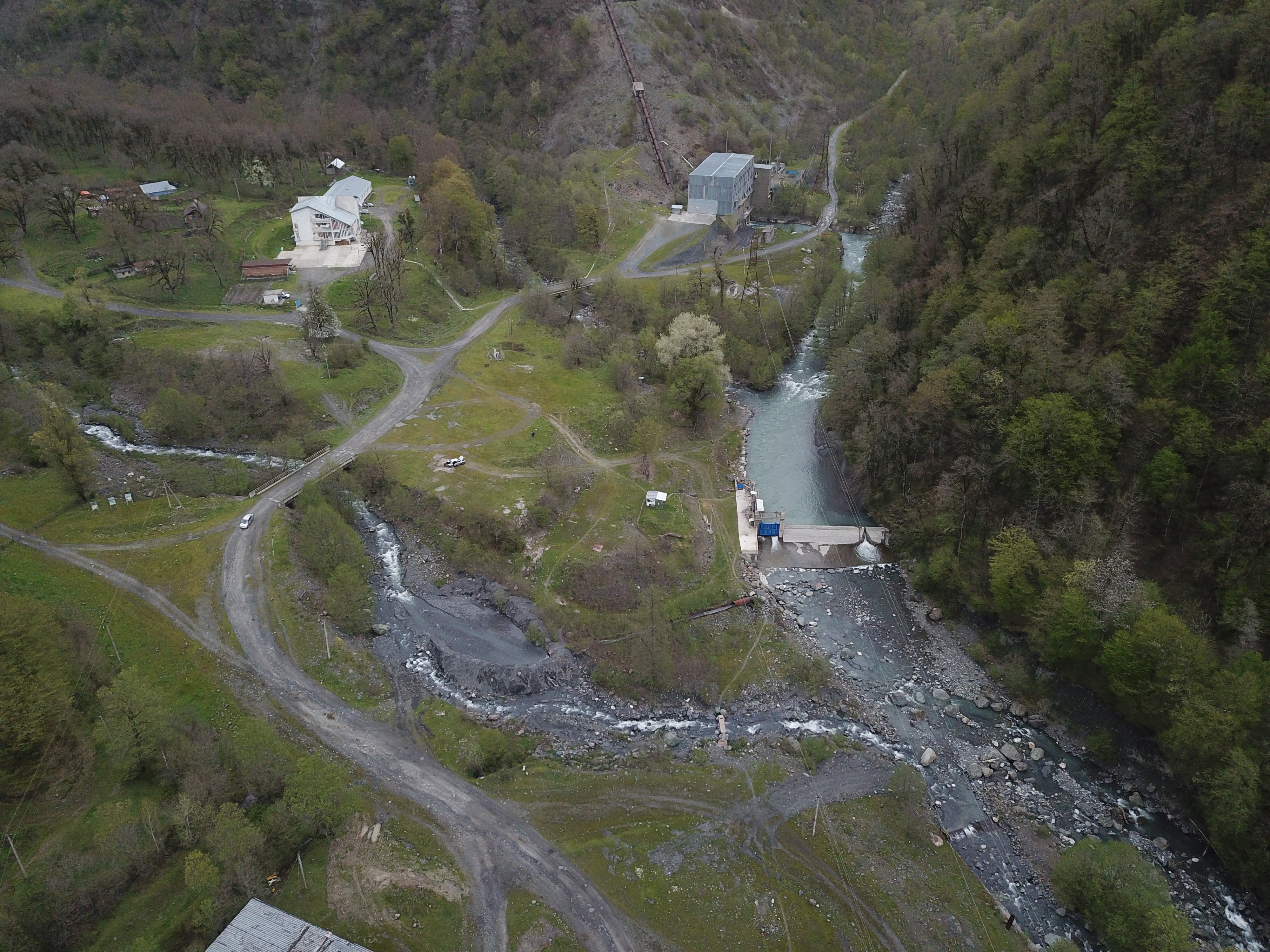
If there was any trust left between the government and the inhabitants of Pankisi, it is now gone. International efforts to prevent violent extremism, the main pillar of which has been increasing the legitimacy of the state in the eyes of the community, have also been damaged.
Pankisi is the second region after Svaneti where riot police have been deployed to showcase the power the state is willing to use to counter resistance to its energy policy.
By doing this, the government is further stigmatising these communities in the eyes of the general public as ‘violent’, ‘aggressively resistant’, and not able to engage in dialogue and negotiations. The government, and certain government-friendly media, have painted them as communities that require force to be convinced of the ‘common good’ that dams are going to bring for everyone, including them.
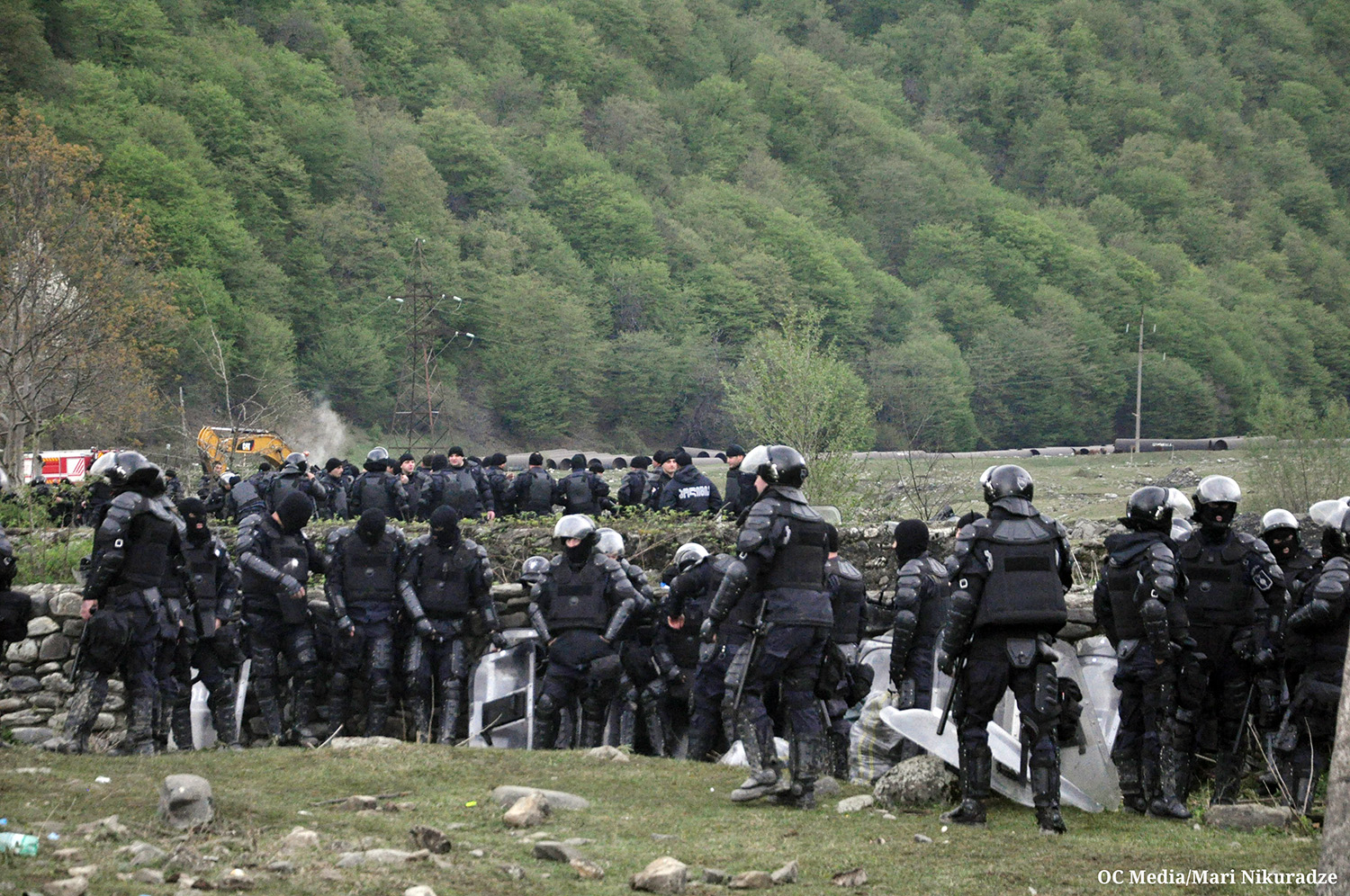
Pushing through its strategy for ‘energy independence’, the government once again disregarded its impact on local communities. Instead of listening to the people’s concerns, it pitted them and police against each other. This is a continuation of a decade and a half–long pattern of aggressive deregulation, an attempt to lure investment at any cost to advance a flawed economic model.
Finally, the links of the recently appointed Energy Minister Natia Turnava with the energy sector need to be properly examined. Until last year, Turnava served as deputy CEO of the Partnership Fund — a state-owned fund currently managed by a former MP from the ruling Georgian Dream Party, Davit Saganelidze.
The Partnership Fund is involved in the largest energy project in the country — the Nenskra dam in Svaneti — another controversial enterprise that has sparked numerous community protests. The revolving doors between the industry and the state has become common for Georgia, but such a conflation is a threat to democracy.
Turnava’s appointment serves to demonstrate that the state is on course to push its aggressive energy policy even further.
As if distancing itself from the calamity, the Interior Ministry said that it was the Energy Ministry who asked for police units to be deployed — not an unusual move for Interior Minister Giorgi Gakharia, who likes to appear as a peacemaker, avoiding a share of responsibility for the violence.
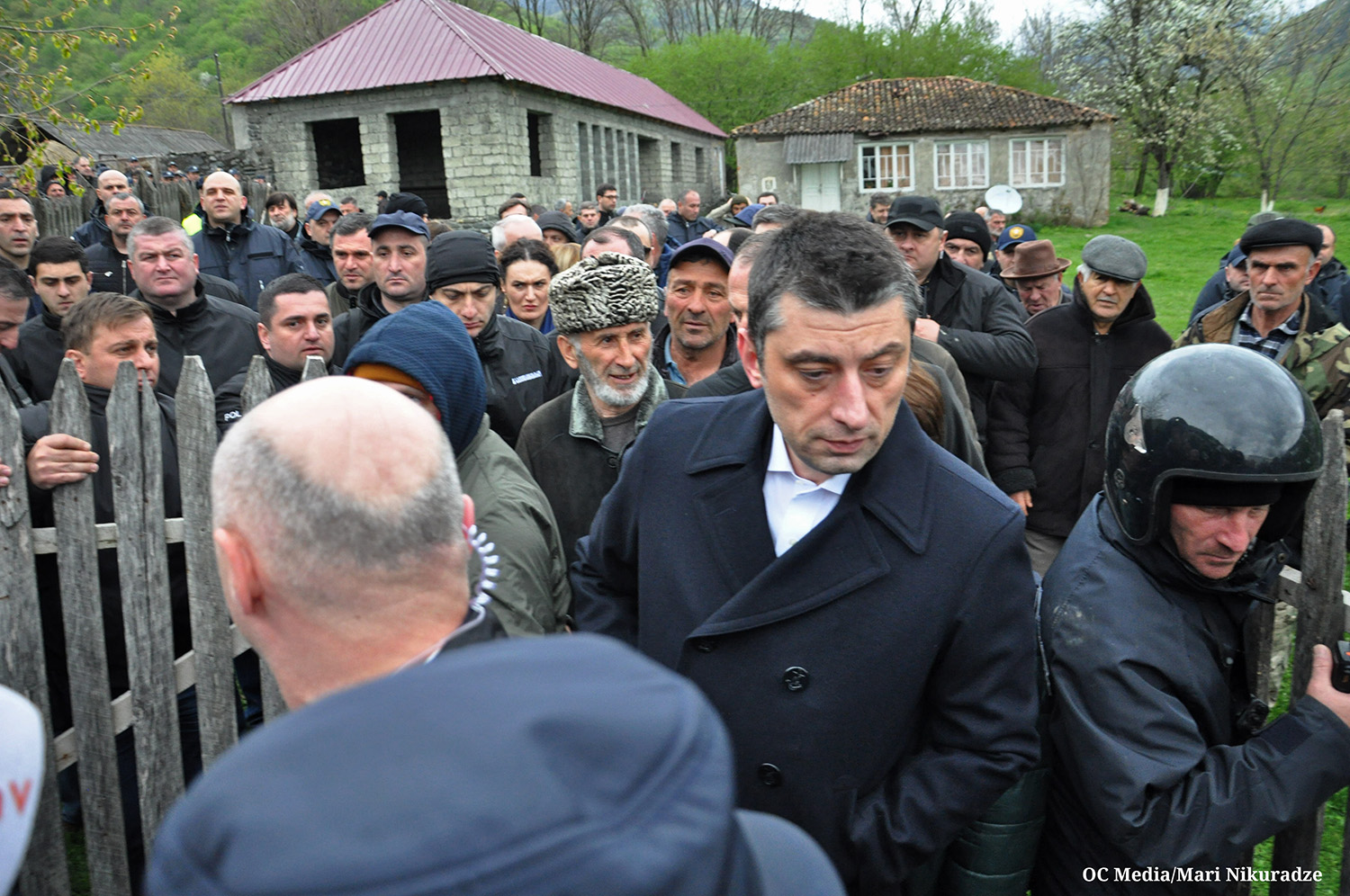

With the good name of Pankisi Valley again tarnished, it is up to the protest leaders to reassess their strategies and make sure the protests remain non-violent, even when provoked. This is the only way to prove their claims are legitimate and to win national support.
The government should refrain from blatant displays of force and instead engage closely with grassroots movements and make sure the interests of all of Georgia’s citizens, including their right to a healthy environment, always come before unsustainable development models.
There can be no sustainable development without protecting the environment and without broad societal consensus, and there are enough grievances to go around following years of state policies that have led to unequal economic gains.




